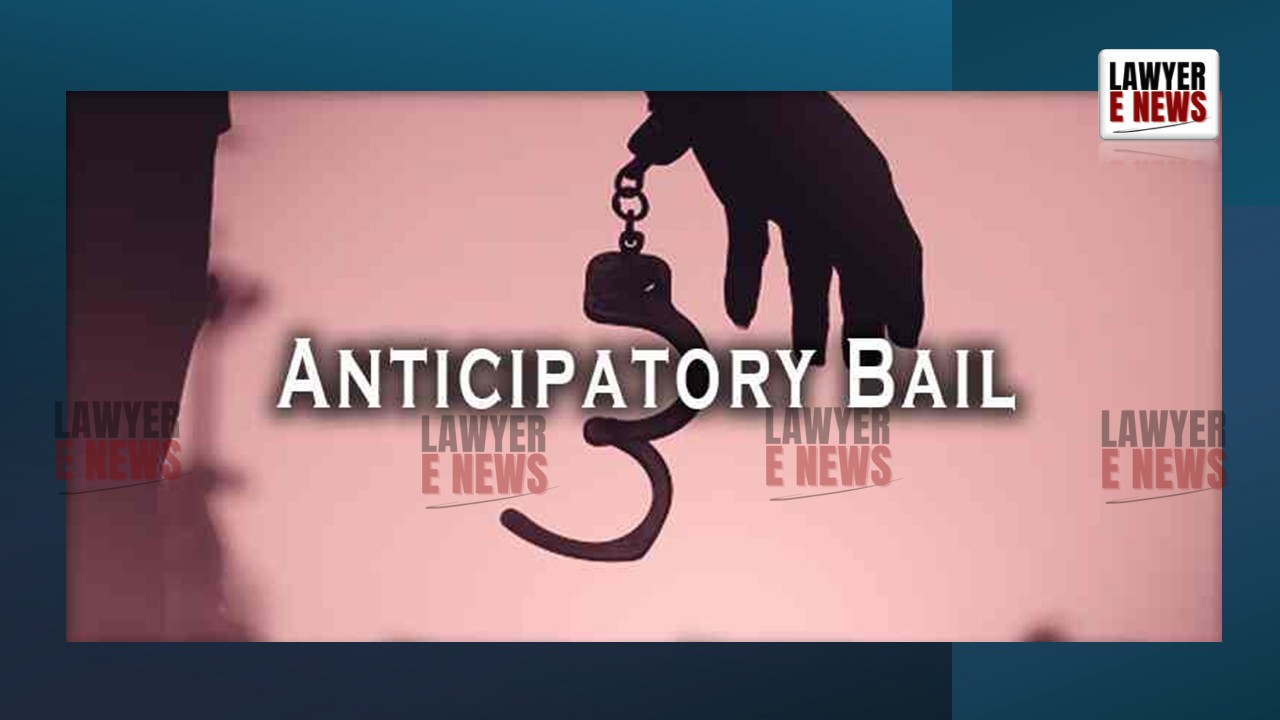-
by Admin
16 February 2026 1:47 PM



In a significant ruling Kerala High Court granted anticipatory bail to Ajims, the 12th accused in a sandalwood smuggling case, holding that custodial interrogation was not necessary since the accused had cooperated with the investigation. The Court emphasized that arrest should not be routine unless it is essential for investigation, and bail remains the rule while jail is the exception.
"The law does not mandate arrest merely because it is lawful. A person’s liberty should not be curtailed unless there is a clear justification for doing so," the Court ruled while allowing the bail application filed by Ajims, who was accused under Section 27(1)(e) of the Kerala Forest Act.
The ruling reiterates the principle that personal liberty must be safeguarded and that anticipatory bail should be granted when the accused is willing to cooperate with the investigation.
"Was Custodial Interrogation Necessary? High Court Examines the Prosecution’s Demand"
The case arose from Crime No. 3/2024 of Nachivayal Forest Station, Idukki, where Ajims was accused of being involved in illegal sandalwood cutting. The prosecution sought custodial interrogation, arguing that his role needed further investigation.
The defense opposed the claim, contending that Ajims had already appeared before the Investigating Officer three times and was being coerced into giving a confession.
"The accused has fully cooperated with the investigation. The prosecution’s insistence on custodial interrogation is nothing more than an attempt to extract a confession through pressure," the defense argued.
The Court noted that mere allegations do not justify pretrial detention, especially when the accused has demonstrated willingness to assist in the investigation.
"Bail should not be denied merely because the police want the accused in custody. When an individual cooperates with the legal process, depriving them of their liberty is unjustified," the Court observed.
"Arrest Must Not Be Routine; Courts Must Ensure Liberty is Protected"
The Court cited the Supreme Court’s ruling in Siddharth v. State of Uttar Pradesh (2021), which held that arrest is justified only when the accused is likely to abscond, influence witnesses, or tamper with evidence.
"Personal liberty is a constitutional right. Merely because an arrest can be made, does not mean it must be made. The distinction between the power to arrest and the justification for exercising that power must always be maintained," the judgment emphasized.
The Court also referred to Chidambaram P. v. Directorate of Enforcement (2019), reaffirming that bail is the rule, and jail is the exception, especially when pretrial custody serves no meaningful purpose.
Rejecting the prosecution’s argument, the Court held that Ajims’ arrest was not necessary and that he could be granted anticipatory bail with appropriate conditions.
"If the police have no reason to believe that the accused will abscond or obstruct justice, bail must be considered favorably. Routine arrests serve no purpose other than harming an individual’s reputation and self-esteem," the Court ruled.
"Bail Granted with Conditions to Ensure Cooperation"
The Kerala High Court allowed the bail application with strict conditions to ensure that Ajims remained available for investigation. The Court directed that:
"The petitioner shall appear before the Investigating Officer within two weeks and undergo interrogation. If the arrest is recorded, he shall be released on bail upon furnishing a bond of ₹50,000 with two solvent sureties."
The Court also imposed additional conditions, stating that: "The accused shall not leave India without permission, shall not tamper with evidence or influence witnesses, and shall cooperate with all future inquiries. Any violation of these conditions will lead to cancellation of bail."
With this ruling, the Kerala High Court reaffirmed the principle that personal liberty cannot be curtailed without compelling reasons, setting an important precedent for future bail applications in similar cases.
Date of decision: 25 February 2025
